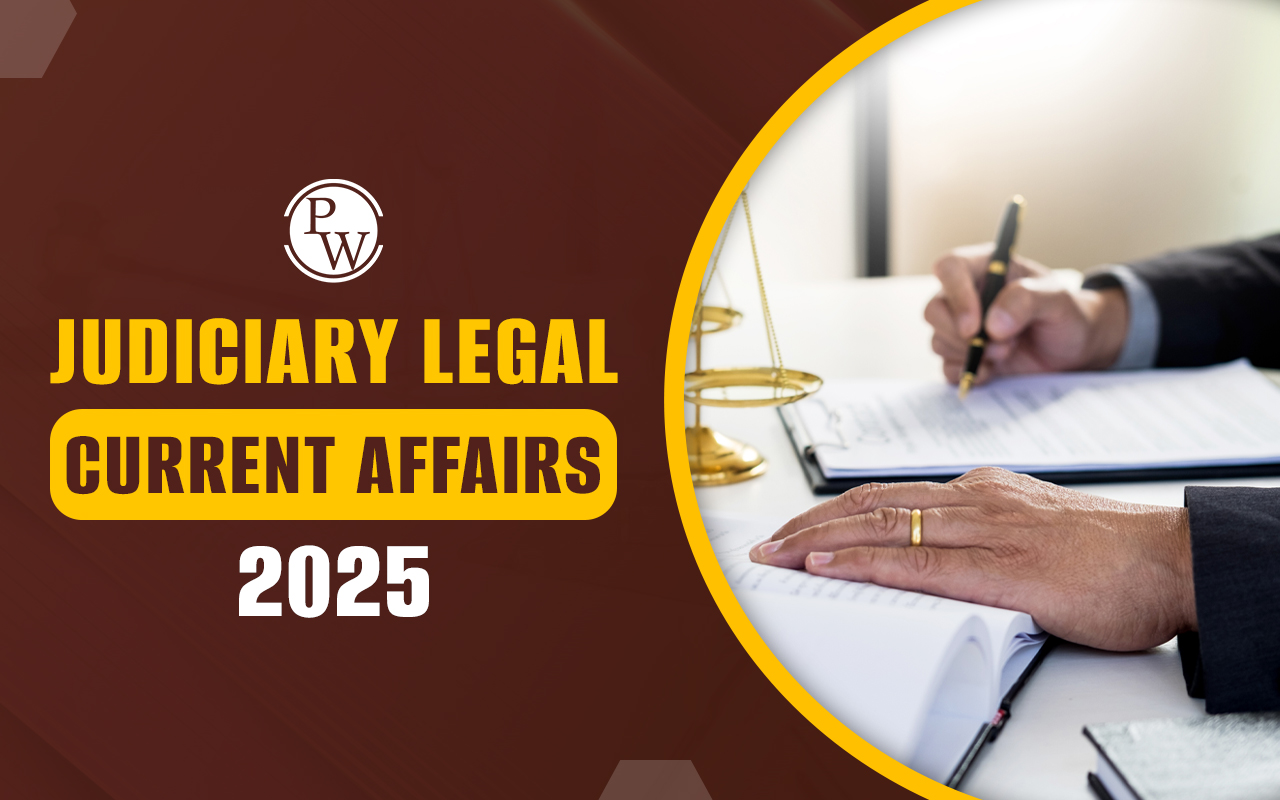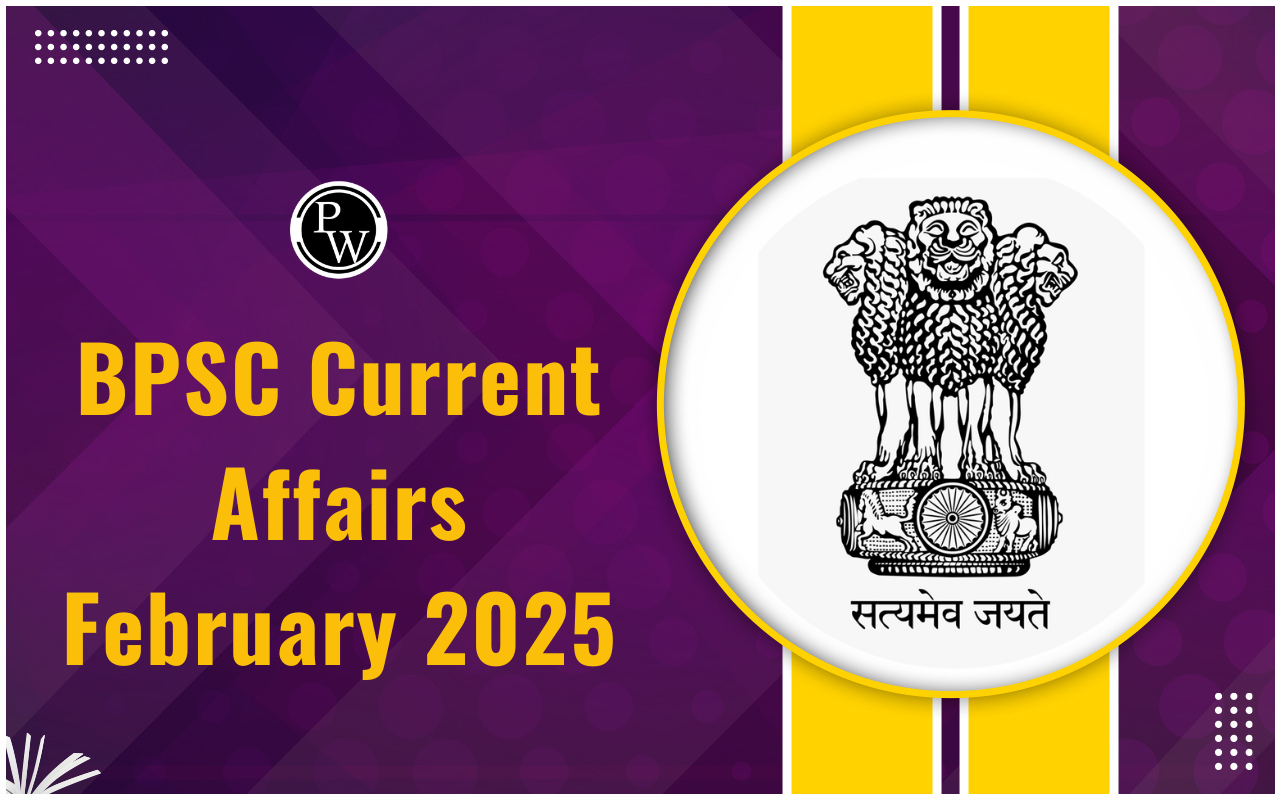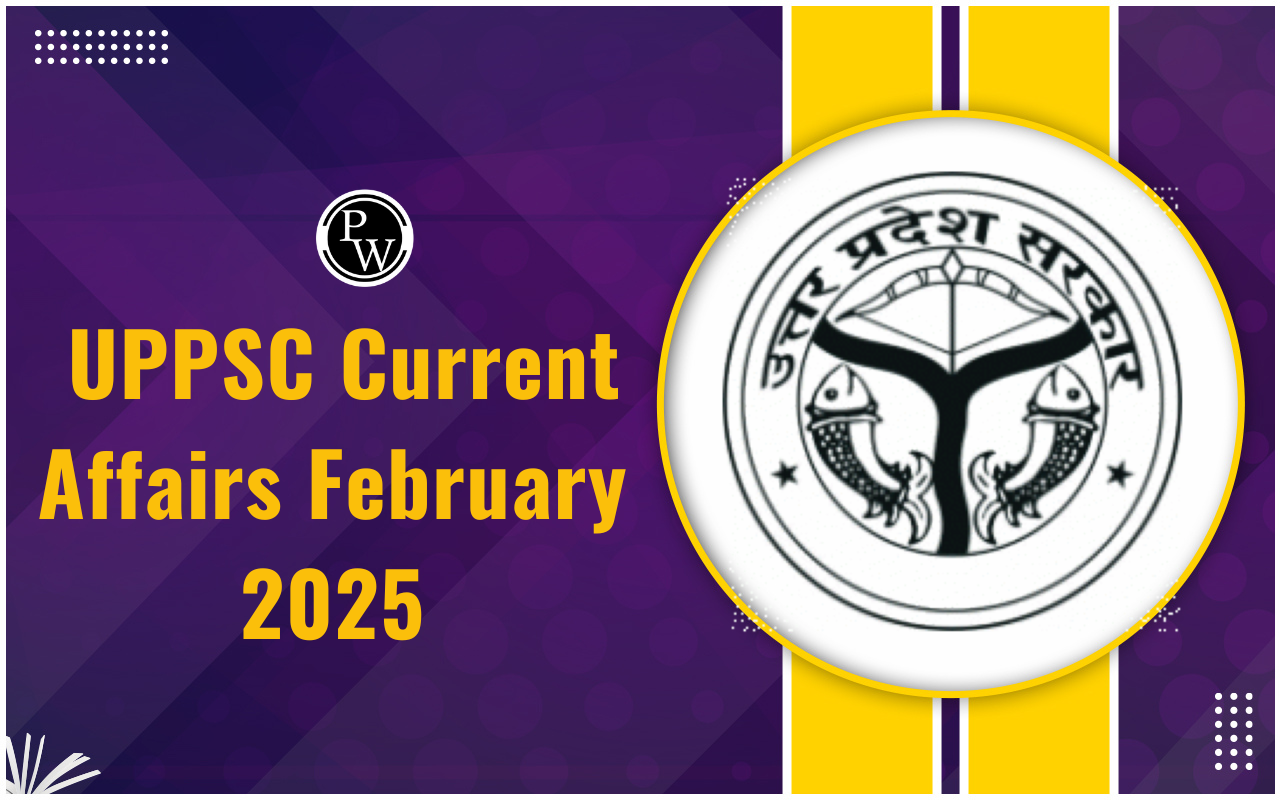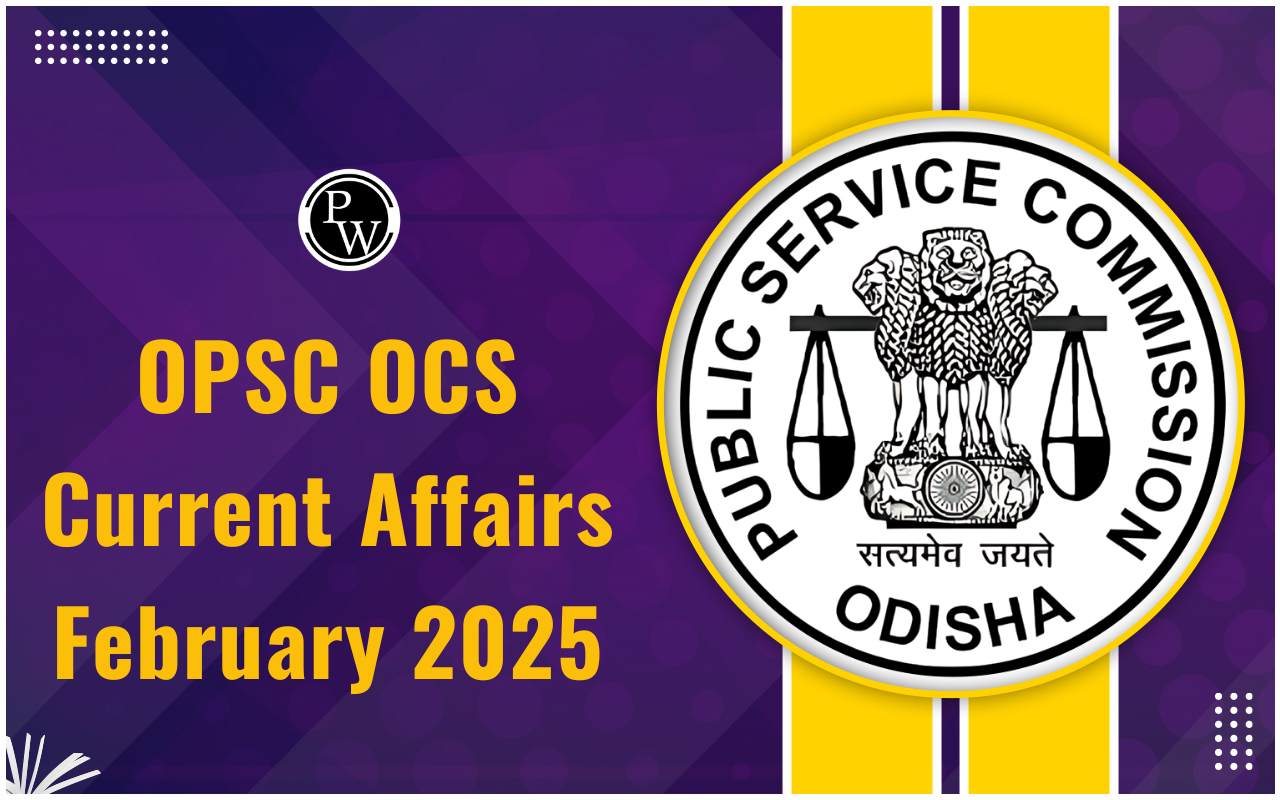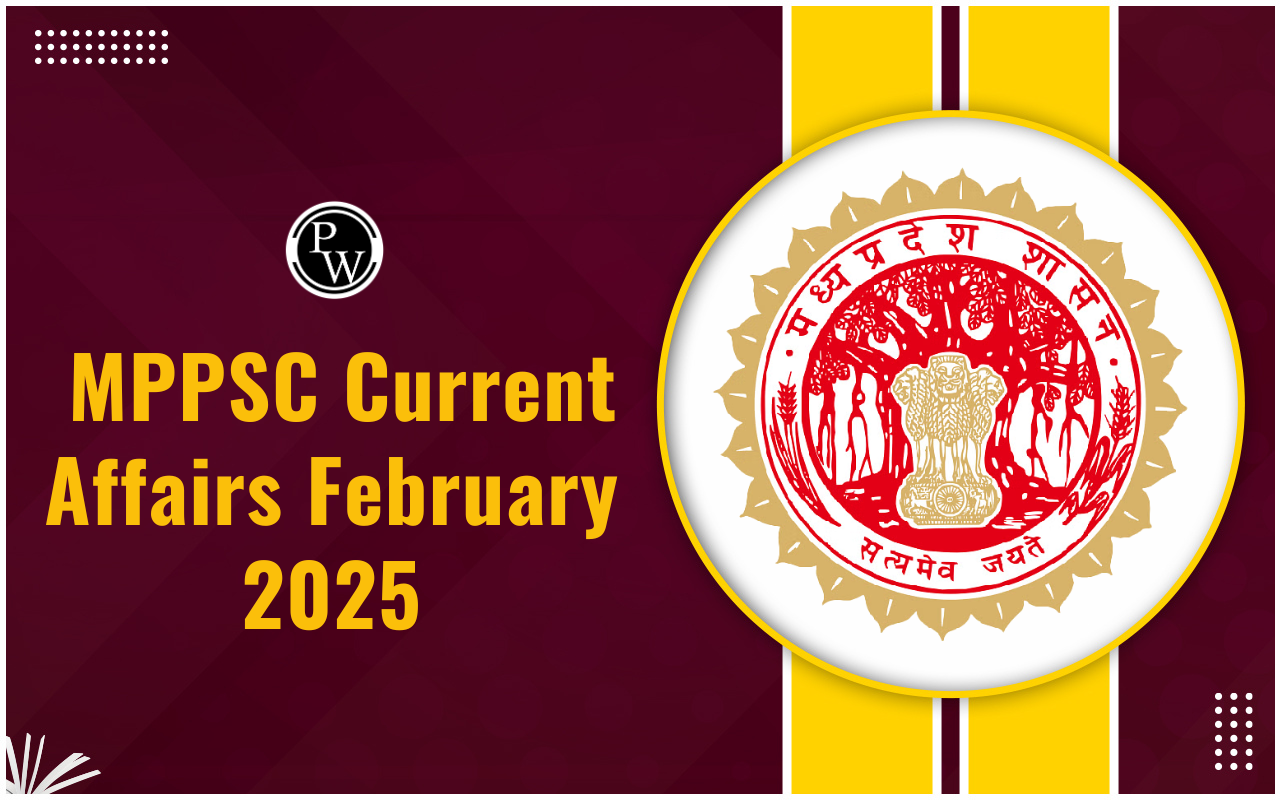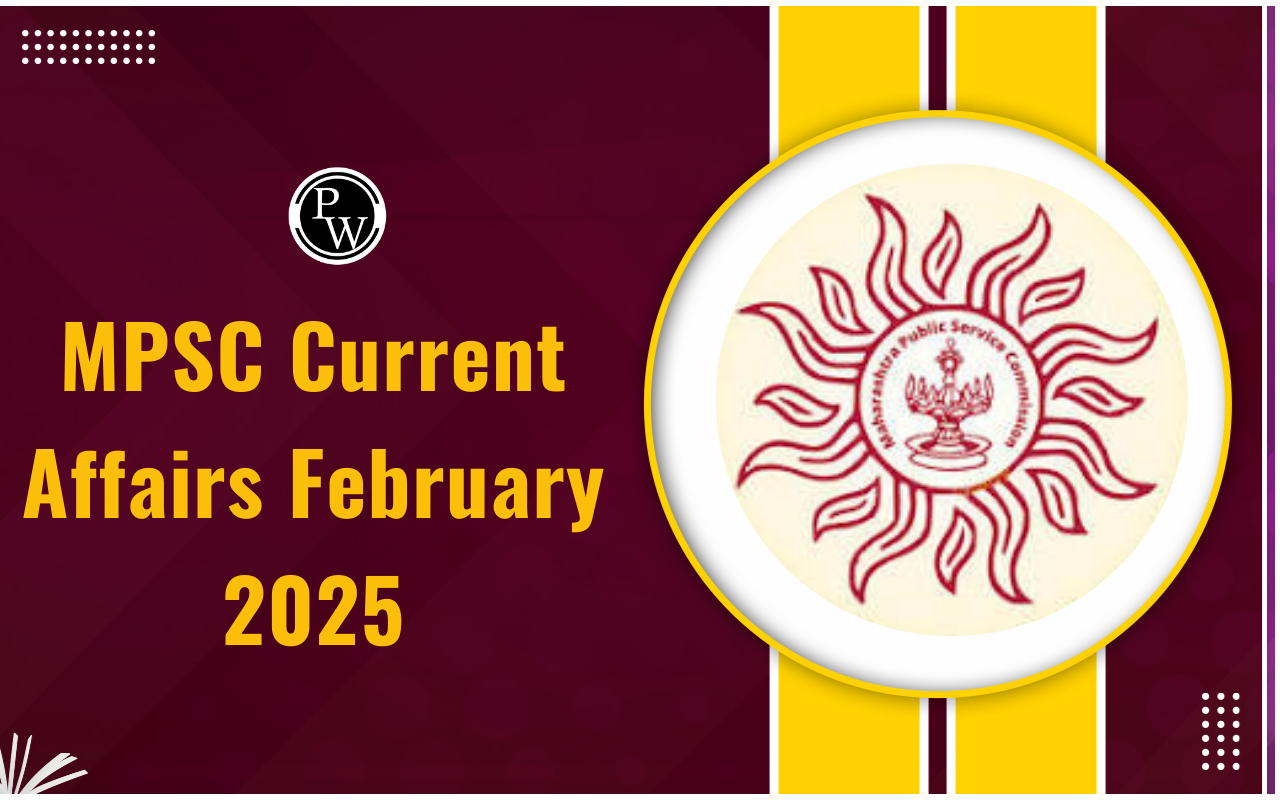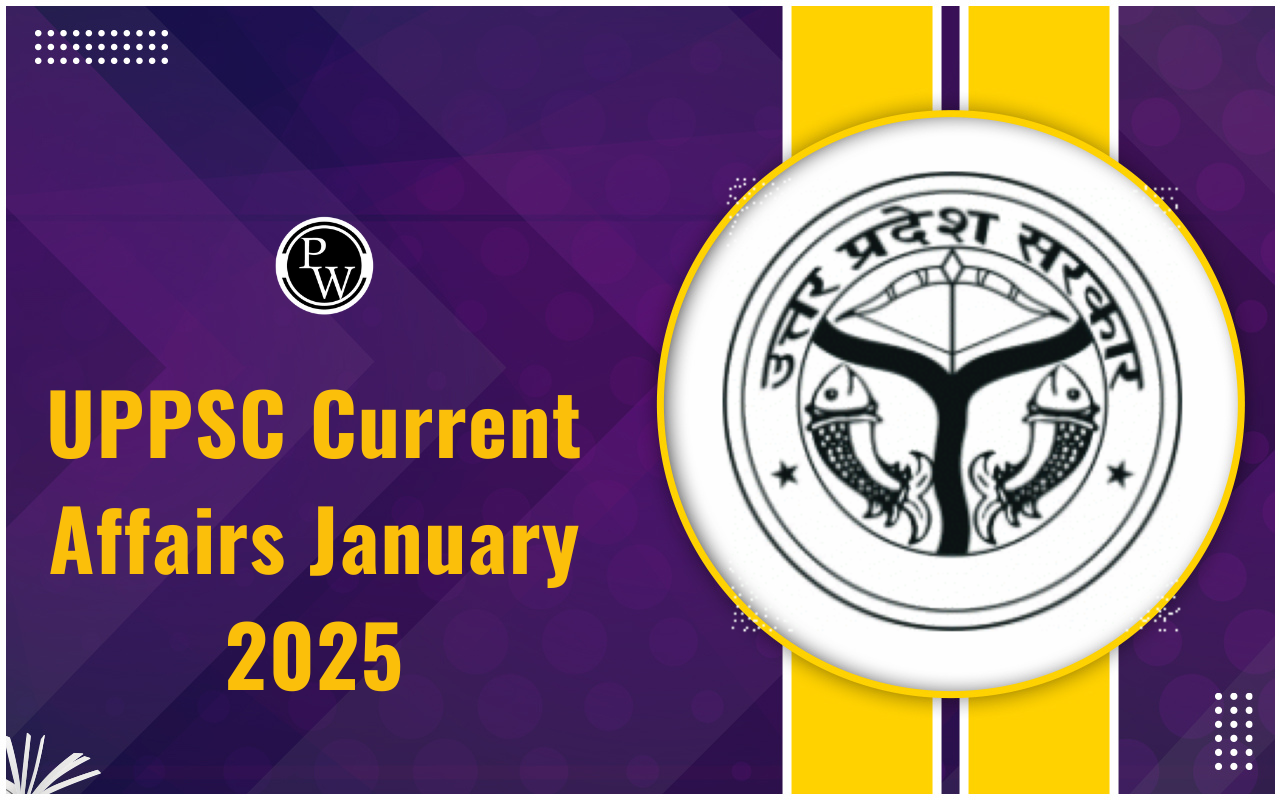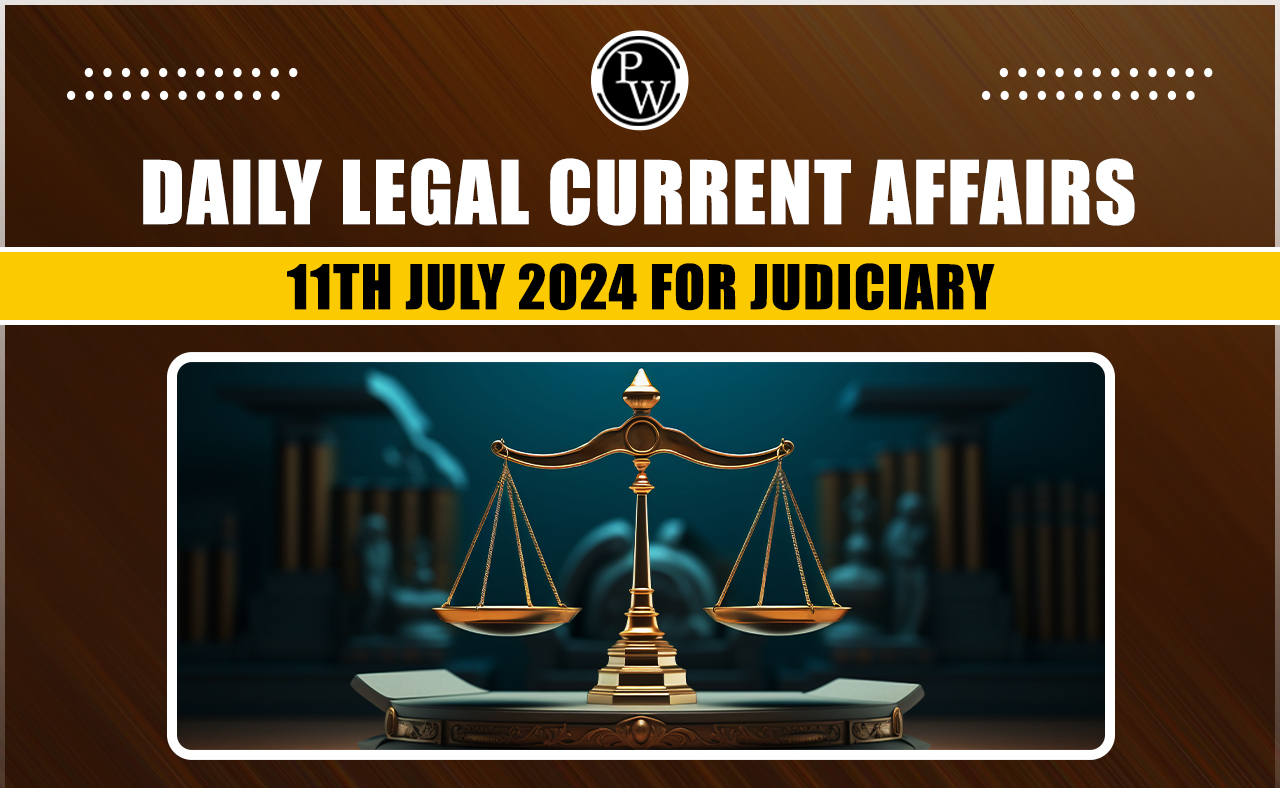
Sunil Prabhu v. Eknath Shinde & Ors.
-
- BENCH : CJI DY Chandrachud and Justices JB Pardiwala, Manoj Misra
- FORUM : Supreme Court India
- OBSERVATIONS
- The legal dispute is over Maharashtra Legislative Assembly Speaker Rahul Narwekar, dismissing the disqualification petitions filed by Uddhav Thackeray and Eknath Shinde groups. The factions had filed 34 petitions seeking disqualification of 54 MLAs.
- The UBT faction had submitted that the decision of pakshapramukh is synonymous with the will of the party, which is why if there is a rift in the leadership structure, the pakshapramukh's decision reflects the will of the party.
- Disagreeing, Speaker Narwekar said that Shinde's faction had an overwhelming majority of 37/55 MLAs when rival factions emerged and that he was validly appointed as leader of the party.
- The Speaker further stated that the will of 'party pakshapramukh' at the time, Uddhav Thackeray, could not be said to be the will of the party.
- On this ground, the Speaker held Shinde group to be the 'real' Shiv Sena, pointing to its legislative majority in the state assembly following the emergency of rival factions.
- The Speaker also recognized the whip appointed by Shinde as the official whip of the Shiv Sena party and held that there was no violation of the whip by the MLAs belonging to the Shinde group.
- However, Uddhav Sena challenged the Speaker's ruling, stating that it violated the judgment of the Supreme Court in Subhash Desai v. Governor of Maharashtra, by conflating the concept of 'legislature party' with the 'political party'. This was not the first time that the Uddhav Thackeray-led group approached the Supreme Court expressing discontent with Speaker Narwekar's conduct.
- Last year, a constitution bench refused to restore the Uddhav Thackeray government citing the Shiv Sena leader's resignation without facing a floor test.
- It also refrained from adjudicating on the disqualification petitions, handing over the decision to the legislative assembly speaker, to be made within a 'reasonable period'. Citing the long pendency of this decision, Sunil Prabhu filed a writ petition in the Supreme Court in July’23.
- Responding to it, the top court set a deadline of December 31, 2023 for the disposal of the disqualification pleas.
- Subsequently, at the speaker's request, an extension was granted, allowing him to complete the task by 10.01.24.
- Later, Prabhu filed an application questioning the speaker's impartiality in deciding the disqualification petitions against the Eknath Shinde-led faction members, alleging that Chief Minister Shinde had met Speaker Narwekar at the latter's official residence with three days remaining until the much-awaited verdict.
- Mentioning Uddhav Sena's challenge to the Maharashtra assembly speaker's refusal to disqualify members belonging to the Eknath Shinde-led group, Senior Advocate Dr Abhishek Manu Singhvi urged the Supreme Court to advance the hearing of the case, as Maharashtra Assembly elections are round the corner.
- The matter was mentioned before a bench of CJI DY Chandrachud and Justices JB Pardiwala, Manoj Misra, with a request that its hearing be advanced from July 19 to July 12. Hearing the same, the CJI told the counsels for the petitioner to circulate an email request.
Mohd Abdul Samad v. The State of Telangana & Anr .
-
- BENCH : Justices BV Nagarathna and Augustine George Masih
- FORUM : Supreme Court India
- FACTS
- Senior Advocate S Wasim A Qadri, appearing for the petitioner-husband, raised the following contentions:
- The Muslim Women (Protection of Rights on Divorce) Act, 1986 Act ("Act") is a special law in the nature of beneficial legislation, which provides way more than what Section 125 CrPC contemplates.
- Besides maintenance, Section 3 of the Act also deals with mehr, dower and return of property. Under the Act, a "reasonable and fair" provision is also made for the divorced woman's entire life, but the same is not contemplated under Section 125 CrPC .
- Moreover, if the divorced Muslim Women has sufficient means, she cannot file for maintenance under Section 125 CrPC , however, that is not the case with Section 3 of the Act.
- To the legal position flowing from Mohd Ahmed Khan v. Shah Bano Begum , the factum of divorce was not relevant and every Muslim woman was entitled to maintain a petition under Section 125 CrPC . To upset this ruling, the Act was enacted and it codified the Supreme Court judgment. The Act is a complete code in itself and a reading of its provisions would show that it was intended to have an overriding effect over Section 125 CrPC .
- While it makes provisions for "divorced" Muslim women, deserted or neglected Muslim women may resort to Section 125 CrPC .
- It is a settled position of law that special law (the Act) shall prevail over general law (CrPC). Language of the Act being clear, there is no reason for the Court to go beyond. It must simply give effect to what is stated in the Act.
- Section 5 gives an option to the divorced couple to not be governed by the Act. This shows that a Muslim wife cannot resort to both remedies.
- As per Section 7 of the Act, a Section 125 CrPC petition pending at the time of commencement of the Act was to be disposed of by the Magistrate in terms of Section 3 of the Act.
- This shows that the ambit of Section 125 CrPC in these petitions was to be interpreted in light of provisions of the Act, read with Section 5 CrPC (which excludes applicability of CrPC provisions when there is a special provision).
- Under doctrine of implied repeal, the Parliament is presumed to know pre-existing law and won't intend to create any confusion by retaining conflicting provisions.
- In applying this doctrine, the Court must give effect to the legislative intent of the two enactments (CrPC and the Act).
-
Amicus and Senior Advocate Gaurav Agarwal, on the other hand, put forth the following submissions:
- The Act only concretizes Muslim personal law. It broadens a divorced Muslim woman's entitlement to maintenance beyond the iddat period, but does not take away the relief available to her under Section 125 CrPC because the purpose behind the latter is different.
- The petitioner's reliance on Section 5 of the Act is misplaced, as that provision comes into play when an application has been filed under Section 3 of the Act. In the present case, the respondent-wife had approached the Court under Section 125 CrPC.
- Section 7 of the Act is only a transitional provision. If an application was pending under Section 125 CrPC on the date of commencement of the Act, it was to be subsequently governed by Section 3 . However, that does not mean that Section 125 CrPC petitions could no longer be filed.
- In Danial Latifi & Anr v. Union Of India , Supreme Court only dealt with the validity of the Act. Though the validity of provisions of the Act was upheld, the Bench questioned in the said case as to how it could deprive Muslim divorced women the same right which is available to other women in the country.
- As per Section 127(3)(b) CrPC , if some provision has been made under personal law, a husband may avoid liability for maintenance under Section 125 CrPC . It would be for Courts to record a fact-finding in this regard.
- Different High Courts have taken different views, so clarity on the issue has become necessary. Judgments that are no longer good law may be declared as such.
- Kerala High Court has taken a view that both Section 125 (CrPC) petition and Section 3 (1986 Act) petition are maintainable, but a woman has to choose between one of the two. But this position is not correct. Before conclusion of arguments, the Amicus also pointed to a scenario where a divorced Muslim woman may accept provision made under personal law for her entire life, but later realize that it was not sufficient. In that case, she can only approach under Section 125 CrPC and not under Section 3 of the Act. As such, she should not have to choose between the two remedies and must be entitled to both.
- OBSERVATIONS
- During the hearing, the Bench remarked that Section 3 of the Act begins with a non-obstante clause. As such, it is not in derogation to what is already provided under Section 125 CrPC, but an additional remedy. Justice Masih said : "this Act does not bar...it is the choice of the person who had applied or moved an application under 125…there is no statutory provision provided under the Act of 1986 which says that Section 125 is not maintainable".
- Concurring, Justice Nagarathna said that there was nothing in the 1986 law which barred one remedy in favor of the other. When the Bench enquired as to whether the present petitioner had paid anything to the respondent-wife during the iddat period, answer was given in the negative.
- The Amicus clarified that a draft of Rs.15,000 was tendered by the petitioner during the iddat period, but the same was not claimed by the respondent-wife. Taking into account the same, the Bench said that it would still have been understandable if the petitioner had made provision for the wife during the iddat period, as in that case, Section 127(3)(b) CrPC may have come into play.
- Responding to the petitioner's submission that none of the judgments cited by either side had dealt with Section 7 of the Act, Nagarathna J said that the provision was only with regard to pending cases (and thus, transitory).
- Countering the contention, the Amicus drew attention of the Court to a Kerala High Court judgment which considered Section 7 and held that it could not be interpreted as extinguishing the right of divorced Muslim women to file petitions under Section 125 CrPC.
- Notably, the Kerala High Court (in the judgment cited by the Amicus) was of the view that the transitory provision was intended to do away with the necessity of Muslim women, who had Section 125 CrPC petitions pending at the time of commencement of the Act, having to file fresh claims under Section 3 of the special law.
- To quote the Bench, "If the Parliament had the intention to extinguish such rights of the Muslim woman, it would only be reasonable to expect the Parliament to speak in definite and specific language about such extinguishment. Parliament must have been aware that when 1986 Act was enacted, number of orders must have passed in favor of divorced Muslim women under Section 125 ...Message appears to us to be loud and clear…Both rights, under Section 125 of the Code and Section 3 were conferred on the divorced women. She has the right to choose."
- As against the petitioner's submission that the provisions of the Act indicate Parliament's intent to bar entitlement of Muslim women to file maintenance claims under Section 125 CrPC, the Court expressed an opinion that the same would be unconstitutional.
- If the Parliament intended for divorced Muslim women to no longer be entitled to file petitions under Section 125 CrPC from the date of commencement of the Act, it could have explicitly given an overriding effect to the Act, the Bench remarked.
- To quote Nagarathna J, "In the absence of such a thing, can we add a restriction to the Act? That is the point".
- The Supreme Court held that a divorced Muslim woman is entitled to file a petition for maintenance against her ex-husband under Section 125 of the Code of Criminal Procedure. The Bench of Justices B.V. Nagarathna and Augustine George Masih dismissed a petition filed by a Muslim man's plea against the direction to pay interim maintenance to his divorced wife under Section 125 CrPC.
Also Check: Daily Legal Current Affairs 10 July 2024
M/S Daimler Chrysler India Pvt. Ltd. v. M/S Controls & Switchgear Company Ltd. & Anr.
-
- BENCH : Justice Bela M Trivedi and Justice Pankaj Mithal
- FORUM : Supreme Court India
- OBSERVATIONS
- The Supreme Court upheld orders of the National Consumer Disputes Redressal Commission (NCDRC) granting relief to two companies who had purchased cars from luxury car company Mercedes-Benz for the use of their directors.
- A bench of Justice Bela M Trivedi and Justice Pankaj Mithal was dealing with appeals arising out of a case of a car developing heating issues and another case of an accident wherein the airbags of the car did not deploy.
- “People do not purchase the high-end luxurious cars to suffer discomfort more particularly when they buy the vehicle keeping utmost faith in the supplier who would make the representations in the brochures or the advertisements projecting and promoting such cars as the finest and safest automobile in the world”, the court observed.
- The primary issue was whether the purchase of a car by a company for its director's use constituted a "commercial purpose," which would exclude it from consumer protection laws.
- The court highlighted that the determination of whether a purchase is for commercial purposes depends on the facts and circumstances of each case. To determine whether the goods purchased by a person (which would include a legal entity like a company) were for a commercial purpose or not, within the definition of a “consumer” as contemplated in Section 11 2(1)(d) of the said Act, would depend upon facts and circumstances of each case.
- The purchase of the goods should have a close and direct nexus with a profit generating activity. It has to be seen whether the dominant intention or dominant purpose for the transaction was to facilitate some kind of profit generation for the purchaser and/or their beneficiary.
- In this case, the court found no evidence that the car was used for commercial purposes. The car was used by the whole-time director and his family for personal purposes, and there was no nexus with any profit-generating activity of the respondent company, the court noted. The court rejected the argument that the purchase was for commercial purposes, stating that the burden of proof lies with the seller (Mercedes) to prove commercial use.
- The National Commission ordered tests and inspections, including appointing Local Commissioners to measure temperatures during a long drive, and results showed consistently high temperatures in the car, especially around the center hump, the court noted. The court upheld the NCDRC's decision but modified the compensation, partly allowing the appeal.
- The first case involved M/s Daimler Chrysler India Pvt. Ltd. (now Mercedes Benz India Pvt. Ltd.) and M/s Controls & Switchgear Company Ltd. The latter had purchased two Mercedes cars for use by its executive directors. One car developed heating issues, particularly in the center hump area. Despite multiple attempts at rectification by the company, the problem persisted. The National Consumer Disputes Redressal Commission (NCDRC) ruled in favour of the complainant, directing Mercedes to replace the car or refund half the purchase price of Rs. 1,15,72,280. Mercedes appealed this decision before the Supreme Court.
- Given that the complainant had used the car for 17 years, the court directed Mercedes to pay Rs. 36 lakhs.
- The second set of cases involved Mercedes Benz India Pvt. Ltd. and CG Power and Industrial Solutions Ltd. The dispute arose from a serious accident involving a Mercedes E-Class car purchased by CG Power for its Managing Director.
- In a head-on collision, the car's airbags failed to deploy, resulting in severe injuries to the director. The complainant asserted that it purchased the vehicle based on representations by Mercedes Benz about its advanced safety features, including multiple airbags that were supposed to deploy in case of a collision, ensuring enhanced safety.
- However, during an accident on January 17, 2006, involving a head-on collision with a goods carrier, neither the front airbags nor the side airbags deployed as expected. Mercedes Benz contested these claims, arguing that the accident did not warrant airbag deployment as the driver was sufficiently restrained by seatbelts, and the front passenger airbag only deploys when there is a passenger in the seat whereas the MD was sitting in the rear seat.
- The NCDRC awarded Rs. 5 lakhs for deficiency in service due to non-deployment of airbags and another Rs. 5 lakhs for unfair trade practices.
- Mercedes appealed this decision, while CG Power filed a cross-appeal seeking higher compensation. The National Commission, in its judgment dated September 11, 2017, reviewed the Owner's Manual submitted by the complainants and observed that it clarified that side airbags would only deploy on the impacted side in an accident, independent of front airbags.
- The NCDRC held that the absence of such critical information in the Owner's Manual was a deficiency, as it failed to inform buyers adequately. The Commission considered this omission alongside allegations that Mercedes Benz had marketed the vehicle as exceptionally safe, including comprehensive airbag protection, without disclosing vital deployment conditions.
- The Commission concluded that Mercedes Benz's failure to disclose the limited conditions under which airbags would function, despite marketing them as a substantial safety feature, constituted an unfair trade practice under Section 2(1)(r) of the Consumer Protection Act, 1986. The Supreme Court upheld the NCDRC's decision and dismissed the appeals.
- “Incomplete disclosure or non-disclosure of the complete details with regard to the functioning of the airbags at the time of promotion of the car, has rightly been considered by the National Commission as the “unfair trade practice” on the part of the appellants”, the court held.
Dr. Suman Kumar Pathak @ Dr. S.K. Pathak v. The State of Jharkhand
-
- BENCH : Justice Sanjay Kumar Dwivedi
- FORUM : Jharkhand High Court
- OBSERVATIONS
- The Jharkhand High Court has ruled that a private complaint against a doctor cannot be considered unless there is prima facie evidence supported by a credible opinion from another doctor indicating medical negligence by the accused.
- Single Bench of Justice Sanjay Kumar Dwivedi said, "it is crystal clear that a private complaint may not be entertained unless the complainant has produced prima facie evidence in the form of credible opinion given by another doctor to support the charge of rashness or negligence on the part of the accused doctor. It appears that to allow the proceeding to continue, will amount to an abuse of the process of law."
- The ruling came while the Court was addressing a petition to quash criminal proceedings, including order taking cognizance for the offence under Section 304-A of the Indian Penal Code (IPC) against the accused-doctor.
- The complainant, younger son of a deceased woman, alleged that his mother died due to severe medical negligence by the accused-doctors. In 2011, the deceased woman experienced weakness and difficulty urinating, leading her to be taken to the hospital.
- After consulting with the petitioner, she was admitted to the CCU for a urinary tract infection. The petitioner prescribed some medications and suggested administering insulin due to her high blood sugar.
- Complainant alleged the hospital provided limited care and support, primarily prescribing medications that had to be purchased from an affiliated shop.
- Additionally, the hospital charged some fees even after the patient's death, and the complainant was unaware of the exact cause of death, he added.
- Upon reviewing the deceased's medical records, the complainant said he discovered that his mother died from an excessive administration of insulin.
- Furthermore, the instrument used to monitor glucose levels was faulty, resulting in incorrect blood sugar readings. Consequently, a case was filed against the petitioner doctor.
- The Court referred to the Supreme Court's decision in Jacob Mathew v. State of Punjab, (2005) , which established guidelines for prosecuting doctors accused of criminal rashness or medical negligence.
- Additionally, the Court cited the Supreme Court's ruling in Martin F. D' Souza v. Md. Ishfaq, (2009) , which stressed the importance of consulting a competent doctor or a committee of doctors specialized in the relevant medical field when assessing claims of medical negligence.
- Consequently, the Court allowed the petition and dismissed the criminal proceedings against the petitioner doctor.
Also Check: Daily Legal Current Affairs 09 July 2024
Arjunan v. The Government of Tamil Nadu and Others
- BENCH : Justice GR Swaminathan
- FORUM : Madras High Court
-
OBSERVATIONS
- While granting compensation to the family of a man who succumbed to burn injuries sustained while disposing of bio-medical waste, the Madras High Court recently remarked that when the government could pay families of persons who knowingly consumed spurious liquor Rs. 10 Lakh, the innocent victims deserved no less. “ I need not engage in mathematical calculations by applying formulae to quantify compensation.
- Recently, a number of people died after consuming illicit liquor. The State of Tamil Nadu announced an ex-gratia of Rs.10.00 lakhs to each family. When the family of a person who knowingly consumed spurious liquor and died can be given Rs.10.00 lakhs, certainly, the petitioner, the father of an innocent victim like Kalaiyarasan deserves no less,” the court remarked.
- Justice GR Swaminathan added that it was unfortunate that the State resisted such applications in which it should have conceded the prayer straightaway.
- The court noted that it was an apposite case for invoking the Doctrine of Benevolent exercise of Power and thus granted compensation to the family.
- The court was hearing a petition filed by Arjunan, father of Kalaiyarasan, who was working as a domestic breeding checker at the Government Primary Health Centre, Maravanur, Trichy.
- He informed the court that while his son was working in the hospital, on June 26, 2023, he was sent to the Government Primary Hospital Centre, Puthanatham, and asked to dispose of discarded medical waste and garbage.
- While doing the job, the expired medicines exploded and Kalaiyarasan suffered 80% burn injuries and later succumbed to his injuries. Thus, contending negligence on the part of the authorities, Arjunan had approached the court.
- The authorities resisted the petition and submitted that Kalaiyarasan had burned the medical waste on his own without obtaining any instruction or guidance from the superior officers. It was submitted that a requisite procedure was being adopted for disposing of the bio-medical waste in the urban Primary Health Centre and that they could not be fastened with any liability.
- The court noted that before succumbing to his injuries, Kalaiyarasan had given a dying declaration to the Judicial Magistrate, Tiruchirappalli in which he said that he was asked to burn the waste using sanitizer.
- The court noted that as per the maxim “ Nemo moriturus praesumatur mentire ”, enshrined in Section 26 of the Bharatiya Sakshya Adhiniyam, 2023 (Section 32 of the Indian Evidence Act), a man will not meet his maker with a lie in his mouth.
- The court added that if it was satisfied that the dying declaration was true and voluntary, it could be acted upon without corroboration.
- In the present case, the court was satisfied with the dying declaration. The court further noted that as per Section 119 of BSA ( Section 114 of Evidence Act), the court could presume the existence of a fact, that it thought was likely to happen. In the present case, the court observed that Kalaiyarasan would have gone to the hospital to dispose of the garbage only upon instructions.
- The court observed that as per Article 42 of the Constitution, the state shall make provision for securing just and humane conditions of work. The court observed that a worker's right to life cannot be deemed contingent upon the mercy of the employer or the State as it was their duty to ensure the same.
- The court also noted that Kalaiyarasan should not have been put to the job in the first place since all bio-medical waste in the hospital was to be disposed of as per the Bio-Medical Waste Management Rules 2016.
- Thus, the court noted that there was an egregious breach of rules in the present case. Thus, the court fastened the state with tortious liability and directed it to compensate the family.
Court On Its Own Motion V. Pradeep Aggarwal
-
- BENCH : Justice Prathiba M Singh and Justice Amit Sharma
- FORUM : Delhi High Court
- OBSERVATIONS
- Holding a man guilty of contempt for filing a writ petition for “personal gain”, the Delhi High Court has sentenced him “to remain present in the Court till its rising”.
- A division bench of Justice Prathiba M. Singh and Justice Amit Sharma ordered the sentencing considering the man's medical condition, age and the fact that he expressed remorse and apologized for his conduct.
- “The Contemnor is accordingly sentenced to remain in the Court till the rising of the Court today.
- In addition, the Contemnor shall deposit a sum of Rs.1 lakh to the Delhi High Court Legal Service Committee,” the court said.
- The bench disposed of the suo motu criminal contempt reference that arose from an order passed by a single judge in December 2022.
- The man filed a writ petition before the single judge to initiate action against government authorities and two private individuals over alleged unauthorized construction on certain lands.
- The private individuals filed an application before the single judge placing on record certain conversations claiming that the man demanded Rs. 50 lakhs for withdrawing the writ petition.
- Holding the man guilty of contempt, the court said that the status reports filed by the Delhi Police revealed “quite an alarming situation” wherein the man was in talks for purchase of the property and was in fact trying to drive the price of the land down.
- Observing that such conduct of any person to abuse the judicial process cannot be ignored or left unpunished, the court said: “The law on contempt serves to protect the authority and dignity of the Court against acts that grossly disrespect or impede its functioning. Contemnor's act of filing of the writ petition for personal gain is clearly an attempt to leverage the judicial system for his personal gain. Such acts not only challenge the authority of the Court but also undermine public confidence in the fairness and impartiality of the judicial process.”
- While closing the plea, the court said that at the time of signing of the order, the court master informed that the Contemnor was present till the rising of the Court.
Daily Legal Current Affairs Practice Questions 11 July 2024 For Judiciary Exams
Q1) Which of the following persons is not entitled to maintenance under Section 125, Cr.P.C. from a man who has sufficient means and refuses to maintain them?
(a) The man’s wife (b) The man’s illegitimate minor child. (c) Daughter-in-law (d) The man’s father Ans. (c)Q2) Can a divorced Muslim woman be entitled to file a petition for maintenance against her ex-husband under Section 125 of the Code of Criminal Procedure?
- Yes
- No
- May be yes or may be no
- None of the above
Q3) Mahr or other properties of Muslim woman to be given to her at the time of divorce is provided under ___________ of the Muslim Women (Protection Of Rights On Divorce) Act, 1986.
- Section 2
- Section 3
- Section 4
- Section 5
Q4) Alteration in allowance of maintenance has been dealt under _______ of the Code of Criminal Procedure.
- Section 126
- Section 127
- Section 128
- Section 129
Q5) Under section 11 of the Consumer Protection Act, 1986,the District Forum shall have jurisdiction to entertain complaints where the value of the goods or services and the compensation, if any, claimed does not exceed_________
- Twenty lakhs
- Ten lakhs
- Five lakhs
- One lakh
Q6) Whoever causes the death of any person by doing any rash or negligent act not amounting to culpable homicide, shall be punished with imprisonment of either description for a term which may extend to ____________
(a) One year or with fine or with both (b) Two years or with fine or with both ( c) Three years or with fine or with both (d) Seven years or with fine or with both Ans.(b)Judiciary Exam Current Affairs FAQs
How many months of current affairs is required for a Judiciary Exam?
Where can I study current affairs for the Judiciary?
How can I prepare for Judiciary current affairs?

